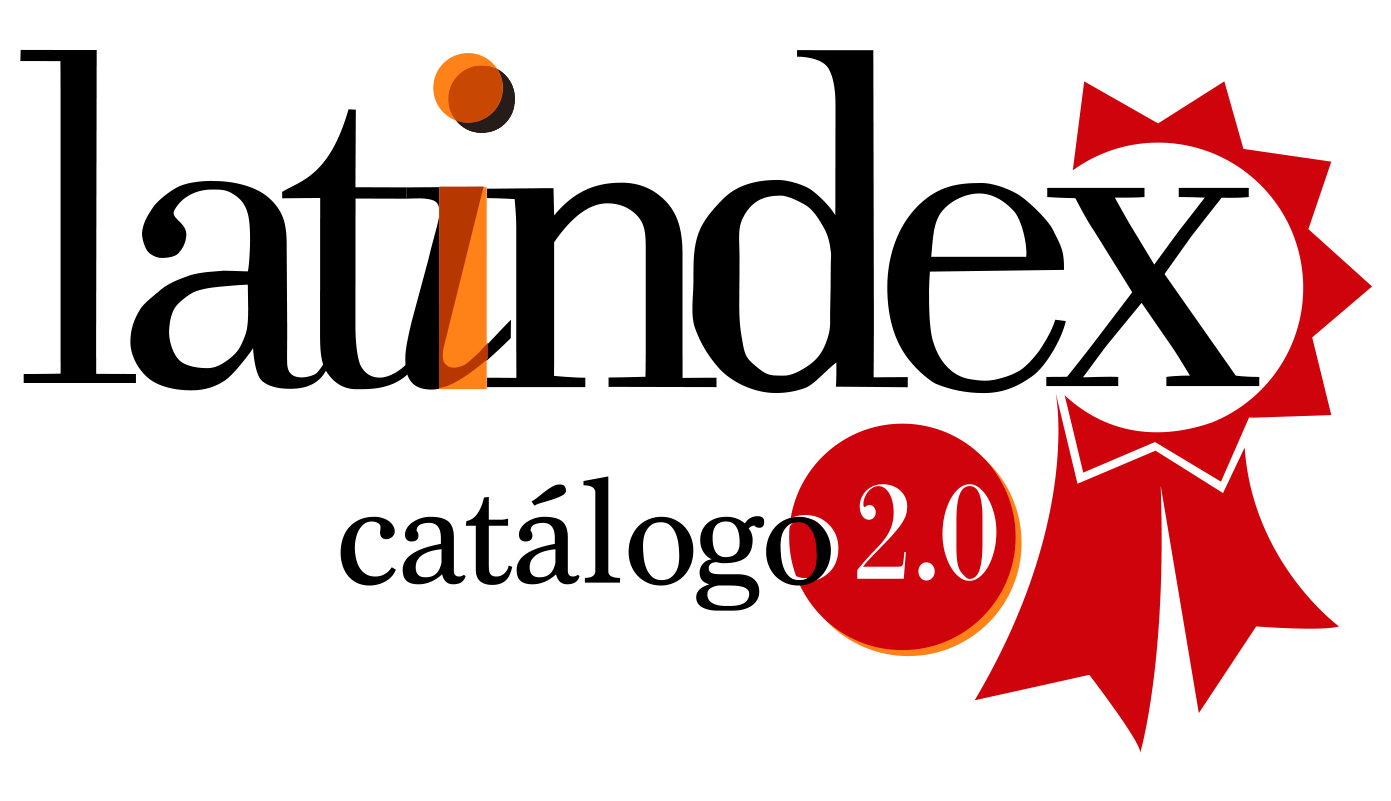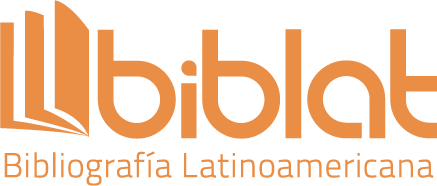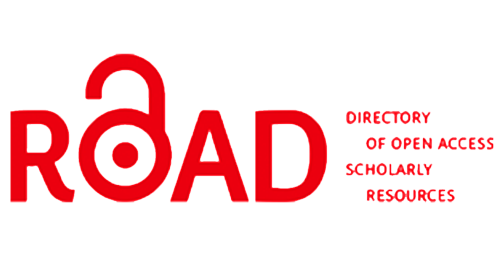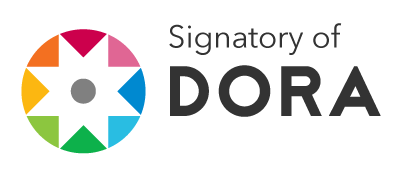Developing argumentative skills in fourth grade: a case study
DOI:
https://doi.org/10.38123/rre.v1i1.59Keywords:
argumentation, argumentation skills, basic educationAbstract
To live as a society, is really important to have in mind different skills as: formulate, to reason, to argue, and to demonstrate different points of view so we can develop our thoughts critically, so this will let us face all the challenges in our daily living. The aim of this investigation is to enhance all these argumentative skills of the students that are on their last year of their first cycle of basic education. To achieve this, argumentation will be taken as a tool of the own speech, which purpose will change depending on the context in which the individuals are place at that moment, combining two types of arguments, one that is rational and the others that are persuasive. This investigation is based in a particular subsidized school in Independencia which is placed in the north part of Santiago. Specifically in a 4th grade that has 32 female students with an average of 9 years old, who demonstrate to have lower argumentative skills in oral and written ways. This article was executed through a sociocritic paradigm which intended to create a change that leads emancipation of the difficulties. All this was based on a study of case where they made interventions that promoted this skills. The instrument to measure this argumentative skill of the students consisted an oral test that was made before and after the interventions. This was evaluated through an analytic rubric which measure both types of arguments.
Downloads
References
Álvarez, G. (2004). Textos y discursos. Introducción a la lingüística del texto. Universidad de Concepción.
Arias, M. y Tolmos, D. (2016). La actividad metaverbal en la enseñanza de la argumentación oral en niños de tercer grado de básica primaria. Zona próxima, (25), 49-69. https://doi.org/10.14482/zp.22.5832
Bolívar, W., Chaverra, D. y Monsalve, M. (2015). Argumentación y uso de aplicaciones web 2.0 en la educación básica. Lasallista de investigación, 12(1), 58-64. https://www.redalyc.org/articulo.oa?id=69542290006
Brown, R. (2017). Using collective argumentation to engage students in a primary mathematics classroom. Mathematics Education Research, 29, 183-199. http://dx.doi.org/10.1007/s13394-017-0198-2
Calle, G. y Pérez, J. (2018). La construcción de argumentos multimodales digitales en la básica primaria. Revista Aletheia, 10(2), 38-55. http://dx.doi.org/10.11600/21450366.10.2aletheia.38.55
Camps, A. y Dolz, J. (1995). Enseñar a argumentar: un desafío para la escuela actual. Comunicación, Lenguaje y Educación, (26), 5-8. https://dialnet.unirioja.es/servlet/articulo?codigo=2941554
Cardona, D. y Tamayo, O. (2009). Modelos de argumentación en ciencias: una aplicación a la genética. Revista Latinoamericana de Ciencias Sociales, Niñez y Juventud, 7(2). http://revistaumanizales.cinde.org.co/rlcsnj/index.php/Revista-Latinoamericana/article/view/169
Chen, H.H., Wang, H.H., Lu, Y.Y. y Hong, Z.R. (2019). Bridging the gender gap of children's engagement in learning science and argumentation through a modified argument-driven inquiry. International of science and math education, 17(2). 635- 655. https://doi.org/10.1007/s10763-018-9896-9
Cohen, L., Manion, L. y Morrison, K. (2017). Research methods in education. Routledge.
Creswell, J. (2002). Research design: qualitative, quantitative and mixed method approaches. Sage.
Cros, A. (2003). Convencer en clase: argumentación y discurso docente. Ariel Lingüística.
Figueroa, B., Aillon, M. y Neira, A. (2018). Escritura argumentativa en enseñanza primaria chilena: un estudio de caso. Revista Electrónica de Investigación Educativa, 20(2), 59-68. https://doi.org/10.24320/redie.2018.20.2.1710
Figueroa, J., Meneses, A., y Chandía, E. (2018). Desempeños en la calidad de explicaciones y argumentaciones en estudiantes chilenos de 8° básico. Revista Signos, 52(99), 31-54. http://dx.doi.org/10.4067/S0718-09342019000100031
Govier, T. (2010). A practical study of argument. Wardsworth.
Jiménez, G. y Vega, L. (2018). Estrategias argumentativas en situaciones naturales de interacción en el aula de nivel preescolar. Actualidades en Psicología, 32(125), 113-131. http://dx.doi.org/10.15517/ap.v32i125.31976
Kim, M. y Roth, W.M. (2018). Dialogical argumentation in elementary science classrooms. Cultural Studies of Science Education, 13(4), 1061-1085. http://dx.doi.org/10.1007/s11422-017-9846-9
Larraín, A. y Freire, P. (2012). El uso de discurso argumentativo en la enseñanza de ciencias: un estudio exploratorio. Estudios Pedagógicos, 38(2), 133-155. http://dx.doi.org/10.4067/S0718-07052012000200009
Larraín, A., Freire, P., y Olivos, T. (2014). Habilidades de argumentación escrita: una propuesta de medición para estudiantes de quinto básico. Psicoperspectivas, 13(1), 94-107. http://dx.doi.org/10.5027/psicoperspectivas-Vol13-Issue1-fulltext-287
Larraín, A., Howe, C. y Cerda, J. (2014). Argumentación en enseñanza en clase completa y aprendizaje de ciencias. Psykhe, 23(2), 1-15. https://doi.org/10.7764/psykhe.23.2.712
Larraín, A., López, P., Morán, C., Sánchez, A. y Villacencio, C. (2014). Argumentar para aprender mejores ciencias. Fondo Nacional de Desarrollo Científico y Tecnológico (FONDECYT). https://centroderecursos.educarchile.cl/handle/20.500.12246/55556
Leitão, S. (2000). The potential of argument of knowledge building. Human Development, 43(6), 332-360. https://psycnet.apa.org/doi/10.1159/000022695
Leitão, S. (2008). Arguing and learning. En C. Lightfoot, y M. Lyra (eds.), Challenges and strategies for studying human development in cultural context (pp. 251-252). Firera Publishing.
Manzi, J. y Flotts, P. (2004). Examen de comunicación escrita: Informe general de resultados aplicación 2004. Centro de Medición. Escuela de Psicología Pontificia Universidad Católica de Chile.
Manzi, J. y Flotts, P. (2006). Examen de comunicación escrita: Informe general de resultados 2004. Centro de Medición. Escuela de Psicología Pontificia Universidad Católica de Chile.
Mason, L. y Scirica, F. (2006). Prediction of students argumentation skills about controversial topics by epistemological understanding. Learning and Instruction, 16(5), 492-509. https://doi.org/10.1016/j.learninstruc.2006.09.007
Mason, L. y Santi, M. (1994). Argumentation structure and metacognition in constructing shared knowledge at school. Annual Meeting of the American Educational Research Association (New Orleans, LA, April 4-8, 1994). https://eric.ed.gov/?id=ED371041
Means, M. y Voss, J. (1996). Who reasons well? Two studies of informal reasoning among children of different grade, ability, and knowledge levels. Cognition and Instruction, 14(2), 139-178. https://doi.org/10.1207/s1532690xci1402_1
Montoya, J. y Monsalve, J.C. (2008). Estrategias didácticas para fomentar el pensamiento crítico en el aula. Revista Virtual Universidad Católica del Norte, (25). https://www.redalyc.org/articulo.oa?id=194215513012
Ortega, F., Tamayo, O. y Bargalló, C. (2015). La argumentación en clase de ciencias, un modelo para su enseñanza. Educação e Pesquisa, 41(3). 629-646. https://doi.org/10.1590/S1517-9702201507129480
Ortega, V. y Gil, C. (2019). La naturaleza de la ciencia y la tecnología. Una experiencia para desarrollar el pensamiento crítico. Revista Científica, 35(2), 167-182. https://doi.org/10.14483/23448350.14095
Polat, H., Bilge, F. y Aydogan, N. (2016). The effect of the argumentation method on student success. ERPA International Congresses on Education 2015 (ERPA 2015). https://doi.org/10.1051/shsconf/20162601108
Revel, A., Meinardi, E. y Adúriz, A. (2014). La argumentación científica escolar: contribución a la comprensión de un modelo complejo de salud y enfermedad. Ciencias Educativas, 20(4), 987-1001. https://doi.org/10.1590/1516-73132014000400014
Rivano. E. (1999). De la argumentación. Bravo y Allende Editores.
Sánchez, J., Castaño, O. y Tamayo, O. (2015). La argumentación metacognitiva en el aula de ciencias. Revista Latinoamericana de Ciencias Sociales, Niñez, y Juventud, 13(2), 1153-1168. https://doi.org/10.11600/1692715x.13242110214
Solar, H. y Deulofeu, J. (2016). Condiciones para promover el desarrollo de la competencia de argumentación en el aula de matemática. Bolema: Boletim de Educação Matemática, 30(56), 1092-1112. http://dx.doi.org/10.1590/1980-4415v30n56a13
Tobón. S. (2014). Rúbricas socioformativas (mapas de aprendizaje). CIFE.
Toulmin, S. (1958). The uses of argument. Cambridge University Press.
Toulmin, S., Rieke, R. y Janik, A. (1984). An introduction to reasoning (2a ed.). Collier Mac Millan.
Vignaux, G. (1999). L´argumentation. Essai d´ une logique discursive. Droz.
Zambrano, J.D., Orozco, A. y Caro, M.A. (2016). Estrategias para la enseñanza de la producción de textos argumentativos en el área de ciencias biológicas. Colombian Applied Linguistics Journal, 18(1), 43-55. https://doi.org/10.14483/calj.v18n1.8991
Zuway-R., H., Huann-shyang, L., Hsin-Hui, W., Hsiang-Ting, C. y Kuay-Keng, Y. (2013). Promoting and Scaffolding Elementary School Students' Attitudes Toward Science and Argumentation Through a Science and Society Intervention. International Journal of Science Education, 35(10), 1625-1648, https://doi.org/10.1080/09500693.2012.734935
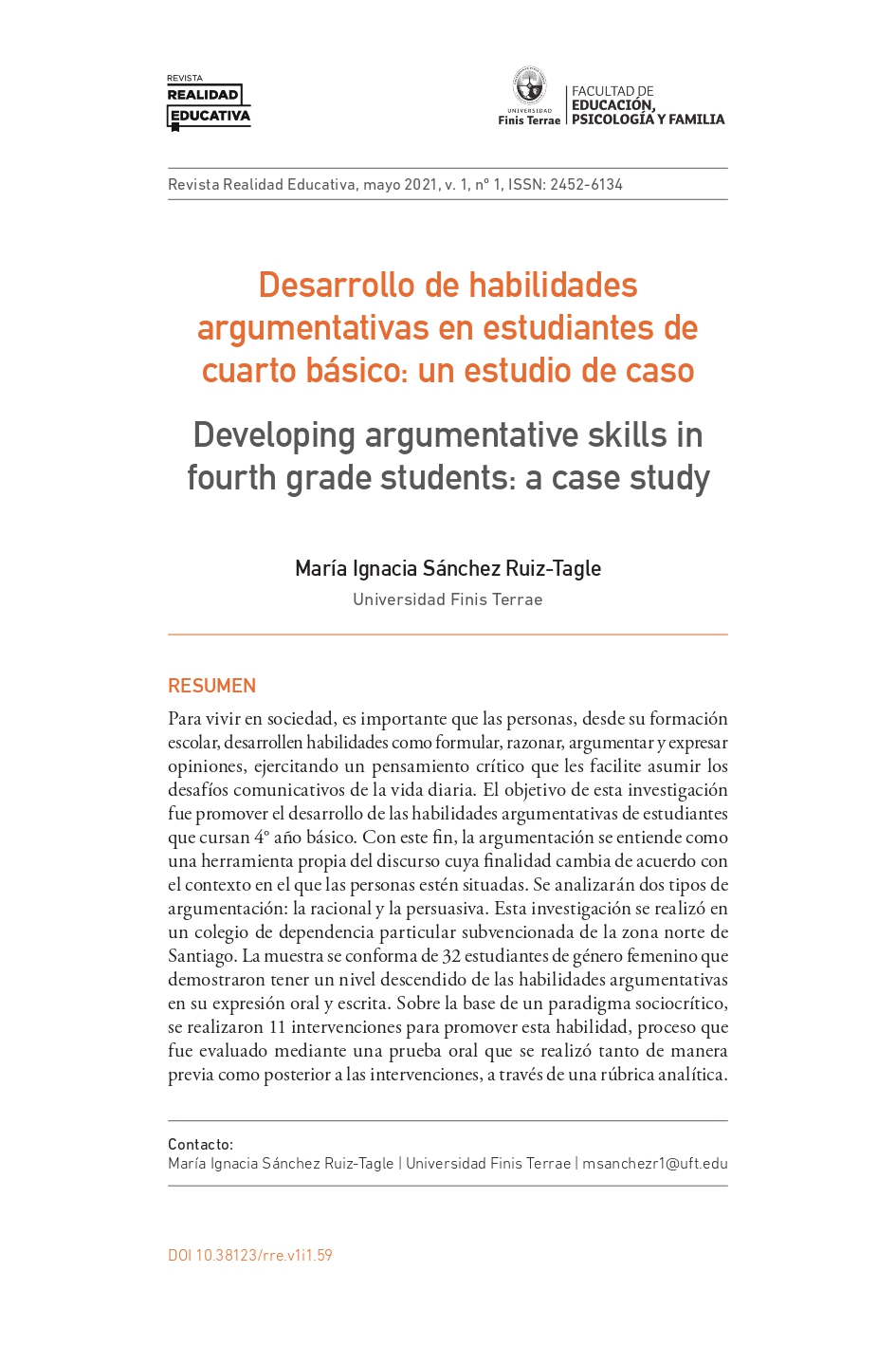
Published
How to Cite
Issue
Section
License
Copyright (c) 2021 María Ignacia Sánchez Ruiz-Tagle

This work is licensed under a Creative Commons Attribution-NonCommercial-NoDerivatives 4.0 International License.
Los contenidos de esta revista se distribuyen bajo una licencia Atribución/Reconocimiento-NoComercial-SinDerivados 4.0 Internacional.


